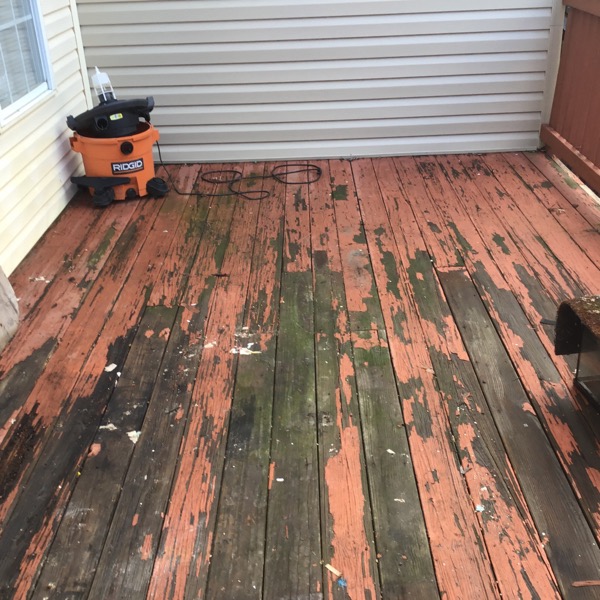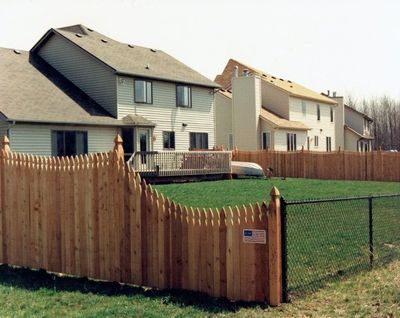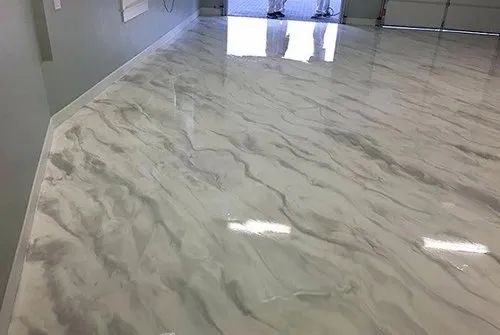There are a lot of different factors to consider when it comes to deck repair. These factors include the cost of the project, the materials used to build your deck, and whether or not you need to obtain permits. Getting an estimate of the cost is a great place to start. In addition, you should consider how to repair your deck properly.

The cost of deck repair depends on how extensive the repairs are, the type of materials used, and whether or not you’ll need to hire a permit. Minor repairs may not require a permit, but major repairs, such as adding stairs or a kitchen, may require one. Permits cost about $30 and often extend the total cost of the project. You should obtain quotes from three professionals before you decide on a price. For more details, visit https://deckbuilderscharleston.com/.
Termites may cause serious damage to wooden decks. If you discover termites, you may need to spend $500 to $10,000 to treat the wood or get rid of the termites. You can call a pest management service to inspect the damage. Depending on where you live, a termite inspection can cost anywhere from $50 to $300. After determining the extent of the damage, the contractor can give you an estimate for the cost of the repairs.
Older wooden decks are susceptible to rot. This is especially common in humid areas. The best way to prevent rotting is to address drainage problems on your deck. Inspecting the wood for pools of water is another way to check for rotting boards. In some cases, rotting boards will require replacement.
While the cost of deck repair can vary widely, the price of a job depends on many factors, including the size and complexity of the repair. The materials used for major deck repairs are also a factor. These materials may include nails, boards, paint, varnish, and products for staining a deck. Additional costs may be associated with shipping and bulk waste disposal.
The cost of a deck repair can range from $200 to $1200. However, the actual amount may vary greatly, depending on the extent of damage and the type of materials used. If you’re not sure how much your deck repair will cost, consult with a professional to get an accurate estimate. Once you have determined how much your deck repair job will cost, you can start planning.
Deck posts are also a major expense. Depending on the type of material and how they’re installed, replacing them may cost $200 to $400 per post. A simple pressure-treated wooden post will cost less than a cedar post. You’ll also need to consider the costs of a company to remove the old posts and dispose of them.
While a handyperson can handle minor deck repairs, you may want to hire a professional to take on the more complex work. A professional will charge you about $40 to $80 per hour and will charge a minimum fee of $160. If the deck is made from wood, resurfacing it with a new finish can cost around $15 per square foot. If the decking is made from composite materials, it will cost around $8-20 per square foot.
Most deck builders use pressure-treated lumber for the structural framework of the deck. This material is a low-cost option that is highly durable. More recently, composite and synthetic materials have entered the market. Especially in environmentally sensitive areas, these products may be a good option. Before, most residential decks were framed with chromate-copper-arsenate (CCA), which was a chemical that was widely banned due to environmental concerns. These chemicals contain arsenic, which is a known carcinogen.
Cedar is one of the most popular softwoods for deck construction. It is highly durable and weathers into a beautiful gray hue. It is also lightweight, easy to work with, and contains natural oils and tannins that protect it from rot and decay. However, it is important to buy heartwood, which is cut from the center of the tree. Because heartwood is denser, it is more resistant to environmental decay.
When choosing a type of hardwood for your deck, it is important to know about the different wood grades. Some are naturally resistant to insects, but others require chemical treatments that make them prone to cracking and fading. Hardwoods such as cedar are expensive, and it is best to choose them only if you are willing to spend a little more than pressure-treated lumber.





